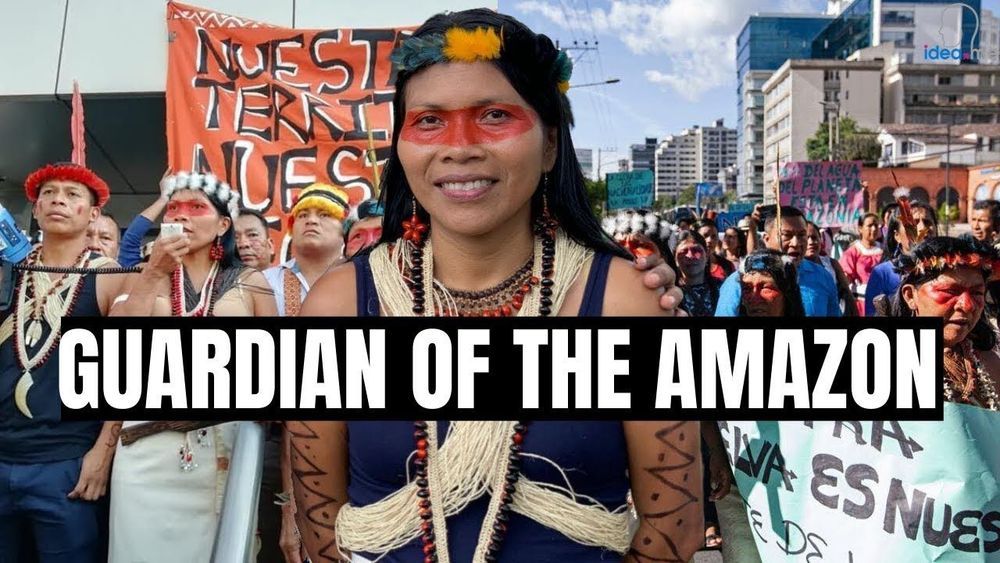Guardian of the Amazon! — Come hear the recent ideaXme (http://radioideaxme.com/) episode where we are joined by Ms. Nemonte Nenquimo, President of the Waorani Pastaza Organization, CONCONAWEP (Coordinating Council of the Waorani Nationality of Ecuador), following their recent landmark legal victory against the Ecuadorian government, leading to 500,000 acres of Amazon rainforest protected from oil drilling and timber companies (English voice over — Spanish audio link to be posted soon) — #Ideaxme #Amazon #Rainforest #Jungle #Ecuador #Waorani #Huaorani #Amerindian #Environment #Trees #Herbal #EthnoMedicine #Sustainability #Ayahuasca #ClimateChange #GretaThunberg #Health #Wellness #Longevity #Aging #IraPastor #Bioquark #Regenerage
Ira Pastor, ideaXme exponential health ambassador, interviews Ms. Nemonte Nenquimo, President of the Waorani Pastaza Organization (CONCONAWEP — Coordinating Council of the Waorani Nationality of Ecuador). This is an English language voice over of Ms Nenquimo’s audio interview.
Ira comments:
Today we have a fascinating guest joining us on the ideaXme show from a rather remote location, to discuss ethnomedicine, environmental conservation and protection, entheogens (the topic of bio-active plant substances for spiritual and religious practices), as well as the themes of bravery and perseverance.
Who Are the Waorani?
The Waorani (Huaorani) People, are a group of native Amerindians from the Amazonian Region of Ecuador. They comprise almost 4,000 inhabitants and primarily speak the Waorani language, a linguistic isolate that is not known to be related to any other language.
Their ancestral lands are located between the Curaray and Napo rivers, about 50 miles (80 km) south of the city of El Coca. These homelands—approximately 120 miles wide by 100 miles (from north to south) – are extensively threatened by oil exploration and illegal logging practices.
Over the last 40 years, the Waorani have shifted from a hunting and gathering society to live mostly in permanent forest settlements. However, an estimated five communities have rejected all contact with the outside world and continue to move into more isolated areas.
